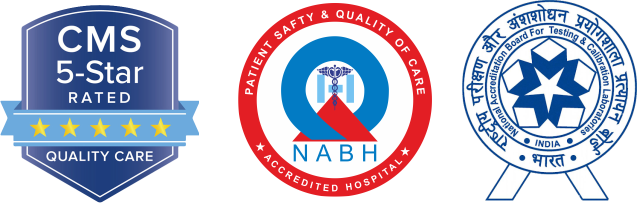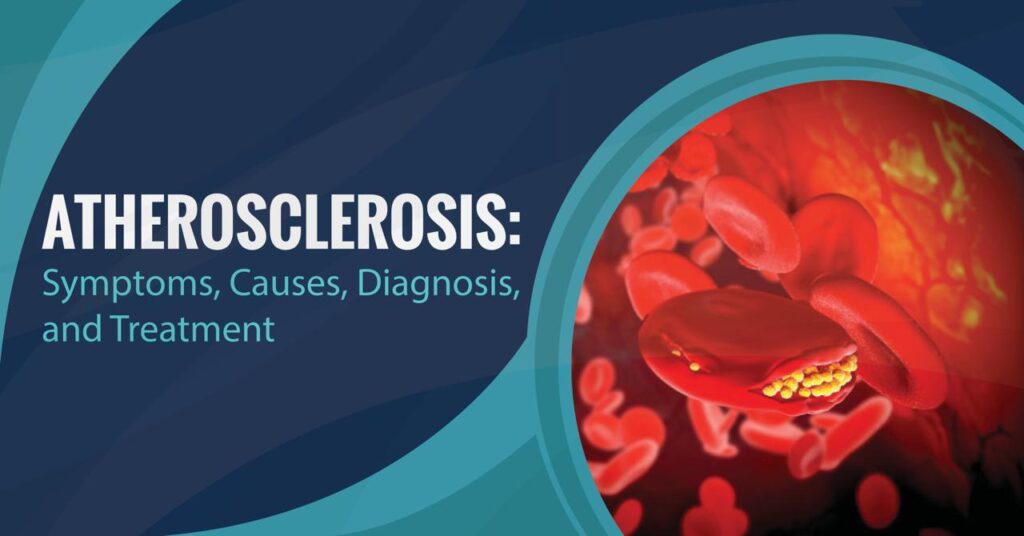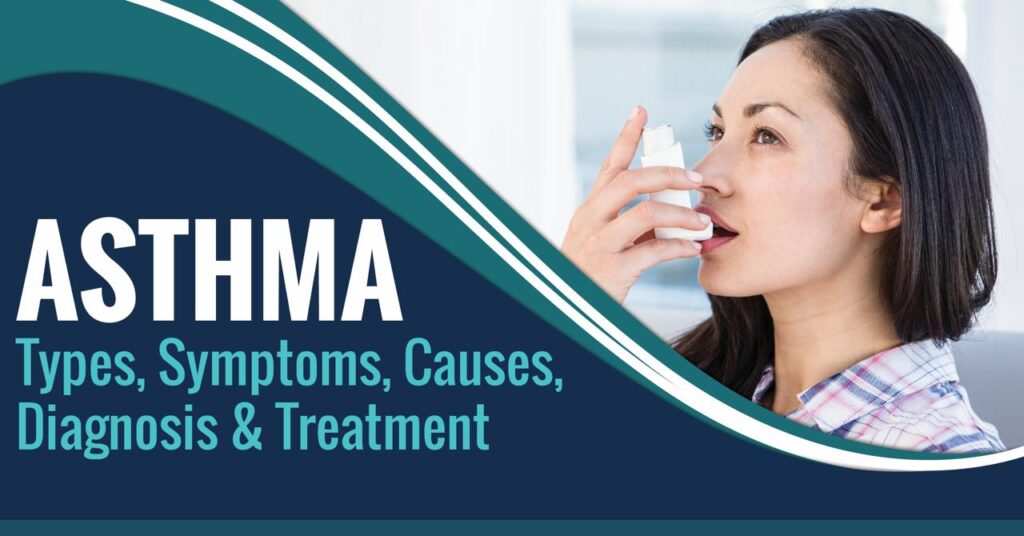Overview
Boosting immunity naturally is a crucial aspect of maintaining good health and warding off illnesses. In this guide, we’ll explore various natural ways to enhance your immune system without relying on medications or supplements. We’ll delve into the importance of a balanced diet, adequate sleep, regular exercise, stress management techniques, and the role of certain herbs and spices in supporting immune function. By incorporating these simple yet effective practices into your lifestyle, you can strengthen your body’s defenses and promote overall well-being.
10 Tips to Strengthen Your Immunity Naturally
Strengthening your immune system naturally involves adopting a variety of healthy lifestyle habits. Here are ten scientifically-backed tips to enhance your immunity:
1. Eat a Balanced Diet
A balanced diet is essential for providing the necessary nutrients that support the immune system. Key nutrients include:
● Vitamins and Minerals: Vitamins A, C, D, and E, along with minerals like zinc and selenium, are critical for immune function. For example, vitamin C enhances the production of white blood cells, which are vital for fighting infections.
● Antioxidants: Fruits and vegetables are rich in antioxidants that protect immune cells from damage caused by free radicals.
● Protein: Protein is crucial for building and repairing tissues and for the production of antibodies and immune cells.
Sources:
● Fruits and vegetables (vitamins and antioxidants)
● Lean meats, fish, and legumes (protein)
● Nuts and seeds (healthy fats and minerals)
2. Stay Hydrated
Water is vital for every cell in your body, including those of your immune system. Adequate hydration ensures:
● Lymph Production: Lymph is a fluid that carries infection-fighting white blood cells throughout the body.
● Mucous Membrane Health: Hydrated mucous membranes in the respiratory and gastrointestinal tracts act as barriers to pathogens.Boosting
Sources:
● Water
● Herbal teas
● Hydrating foods like cucumbers and watermelons
3. Exercise Regularly
Regular, moderate exercise can enhance the immune system by:
● Increasing Blood Flow: Improved circulation allows immune cells to move freely and do their job more effectively.
● Reducing Inflammation: Regular physical activity reduces chronic inflammation and promotes the regular turnover of immune cells.
● Boosting Immune Cell Activity: Exercise enhances the performance of macrophages, neutrophils, and natural killer cells.
Types of Exercise:
● Brisk walking
● Cycling
● Swimming
● Yoga
4. Get Enough Sleep
Sleep is crucial for maintaining a healthy immune system. During sleep:
● Cytokine Production: The body releases cytokines, which are proteins that help regulate the immune response.
● T-cell Function: Adequate sleep improves the function of T-cells, which are essential for killing infected host cells and activating other immune cells.
Recommendations:
● Aim for 7-9 hours of sleep per night
● Maintain a regular sleep schedule
● Create a restful environment free from distractions
5. Manage Stress
Chronic stress can suppress the immune system by:
● Releasing Cortisol: High levels of cortisol, a stress hormone, can inhibit the production and effectiveness of white blood cells.
● Inflammatory Response: Chronic stress can lead to prolonged inflammation, weakening the immune response.
Techniques:
● Meditation and mindfulness
● Deep breathing exercises
● Yoga
● Spending time in nature
You can read also:- High Cholesterol: Symptoms, Causes and Treatment
6. Maintain a Healthy Weight
Maintaining a healthy weight supports immune function by:
● Reducing Inflammation: Excess body fat, especially around the abdomen, can lead to chronic inflammation and impair immune function.
● Regulating Hormones: A healthy weight helps maintain the balance of hormones that regulate the immune system.
Approach:
● A balanced diet with appropriate portion sizes
● Regular physical activity
● Avoiding processed foods high in sugar and fat
7. Avoid Smoking and Limit Alcohol
Smoking and excessive alcohol consumption weaken the immune system by:
● Damaging Immune Cells: Smoking damages the respiratory tract and impairs the function of immune cells.
● Reducing Immune Response: Excessive alcohol consumption reduces the number and function of immune cells, including T-cells and macrophages.
Alternatives:
● Seek help to quit smoking (e.g., counseling, nicotine replacement therapy)
● Drink alcohol in moderation
8. Spend Time Outdoors
Exposure to sunlight is necessary for the production of vitamin D, which is crucial for immune function. Vitamin D:
● Enhances Pathogen Fighting: Activates the immune response and enhances the pathogen-fighting abilities of monocytes and macrophages.
● Reduces Inflammation: Helps modulate the immune response and reduce inflammation.
Recommendations:
● Spend at least 15-30 minutes outdoors in the sunlight several times a week
● Consider vitamin D supplements if you have limited sun exposure
9. Practice Good Hygiene
Good hygiene practices help prevent infections by reducing exposure to pathogens. Key practices include:
● Handwashing: Regular handwashing with soap and water removes germs that you might acquire from touching surfaces.
● Food Safety: Proper food handling and preparation prevent foodborne illnesses.
● Sanitizing Surfaces: Regularly cleaning and disinfecting commonly touched surfaces reduces the spread of germs.
Practices:
● Wash hands for at least 20 seconds
● Cook food to safe temperatures
● Use disinfectants on high-touch areas
10. Stay Socially Connected
Social connections and interactions can boost the immune system by:
- Reducing Stress: Social support helps lower stress levels, which in turn supports a healthier immune response.
- Promoting Positive Emotions: Positive social interactions can increase levels of beneficial hormones, such as oxytocin, that enhance immune function.
- Ways to Connect:
- Regularly meet with friends and family
- Join social groups or clubs
- Volunteer in your community
You can read also:- Ureaplasma: Causes, Symptoms, Prevention, and Treatment
Risk of Getting Sick
Poor immunity can stem from various factors, each scientifically impacting the body’s defense mechanisms. Chronic stress leads to elevated levels of cortisol, a hormone that suppresses immune function. Inadequate nutrition, particularly deficiencies in essential vitamins and minerals like vitamins C, D, zinc, and iron, can weaken immune responses. Insufficient sleep disrupts the production of cytokines, proteins crucial for fighting infections and inflammation. Sedentary lifestyles limit the circulation of immune cells, reducing their effectiveness. Additionally, habits like smoking and excessive alcohol consumption damage immune cells and increase vulnerability to infections. Together, these factors compromise the immune system’s ability to function optimally, leaving the body more susceptible to illnesses.
Conclusion
In conclusion, boosting immunity naturally is a holistic approach to enhancing your overall health and resilience against illnesses. By adopting a balanced diet, ensuring adequate sleep, staying hydrated, engaging in regular exercise, managing stress, maintaining a healthy weight, moderating alcohol consumption, quitting smoking, getting sunlight exposure, and incorporating immune-boosting foods, you can significantly improve your immune system’s performance. These natural ways to boost your immune system are not only effective but also sustainable, promoting long-term wellness and vitality. By making these practices a part of your daily routine, you can fortify your body’s natural defenses and enjoy a healthier, more vibrant life.









